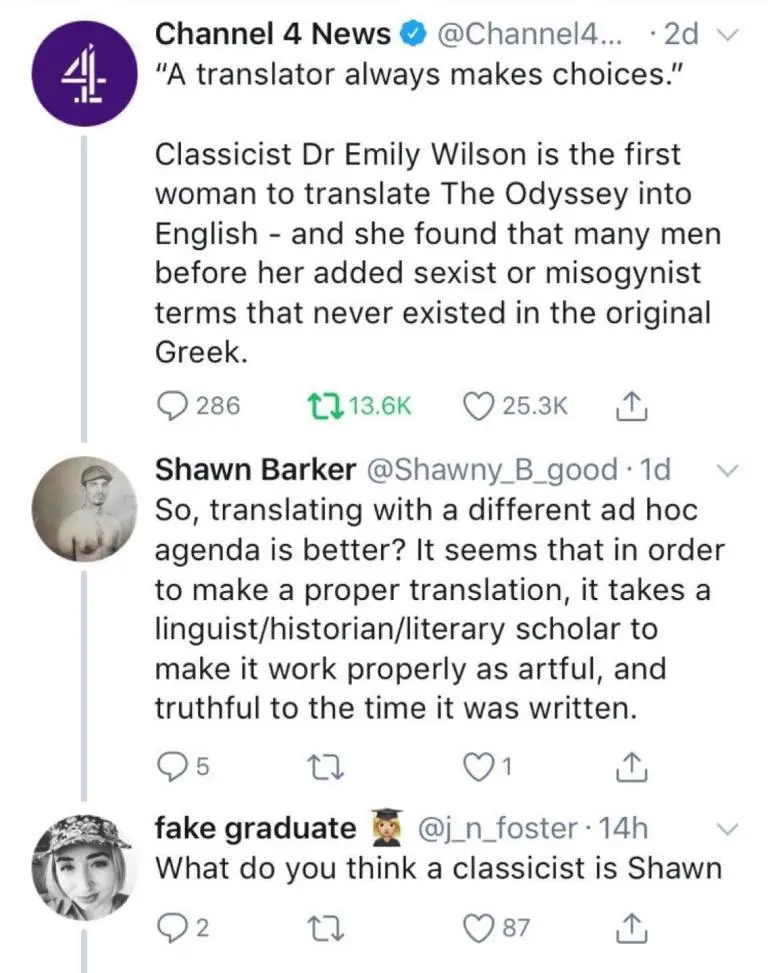this post was submitted on 20 Oct 2024
825 points (98.5% liked)
Microblog Memes
6139 readers
4200 users here now
A place to share screenshots of Microblog posts, whether from Mastodon, tumblr, ~~Twitter~~ X, KBin, Threads or elsewhere.
Created as an evolution of White People Twitter and other tweet-capture subreddits.
Rules:
- Please put at least one word relevant to the post in the post title.
- Be nice.
- No advertising, brand promotion or guerilla marketing.
- Posters are encouraged to link to the toot or tweet etc in the description of posts.
Related communities:
founded 2 years ago
MODERATORS
you are viewing a single comment's thread
view the rest of the comments
view the rest of the comments

I think that's how a large part of European languages still work.
yup, german for example (and i believe all languages that are closely connected to it) assigns gender per articles: der is the masculinum, die for the femininum and das for the neutrum nominative singular, and just "die" for all nominative plural forms. Since the biological and linguistic gender are conflated in ungendered language, it runs into the same issues as the stewards above: everyone except the males become invisible. Also, in spoken language there is the tendency to use just the singular m. form for many professions: "Ich ging zum Arzt" - "I went to the doctor(m)" is used even if the doctor is a woman (which would be "Ich ging zur Ärztin")
The first form is to just adress both genders: "Die Ärzte und Ärztinnen" translates to "the doctors(m) and doctors(f)". In this form you have still the issue that you name one gender first, which is always the male form - some say this is still discriminatory, and there is no way to adress any other gender.
The second form is the "Binnen-I" to mark that the word can mean both genders: instead of "die Ärzte", "die ÄrztInnen" is used. Some say that it makes stuff harder to read and looks ugly, but in my experience you get used to it quickly. A derivative of this form which has become the defacto standard (and in my opinion, the most preferable one) is the "Gendersternchen" ("Gender Starlet"): "Ärzt*innen" is inclusive of all genders.
And then you can try to avoid gendered forms altogether: "Personen mit medizinischer Ausbildung" (People with medical training) avoids using any gendered words at all. As you can see, it can get quite a mouthful in spoken language, and it is very formal, but i quite like it in written language - it's a bit more verbose, but flows nicely when reading.
Absolute bullshit, most of the time you see the feminine form first.
I stand corrected. The issue that one gender must be named first remains.